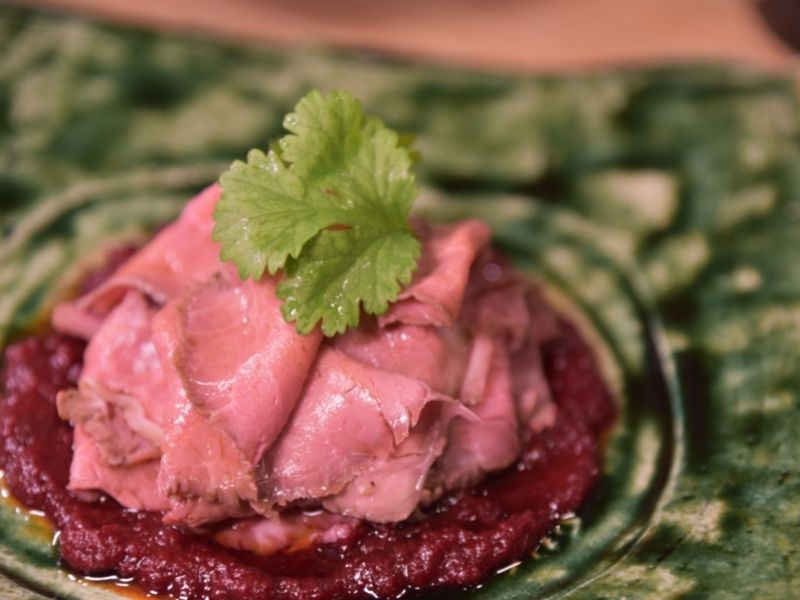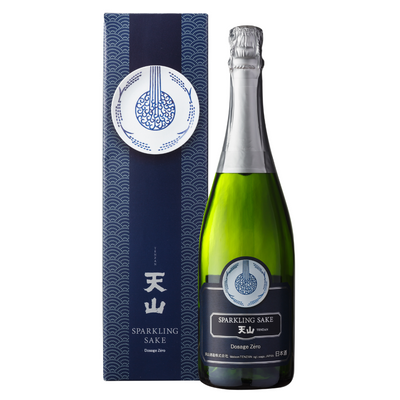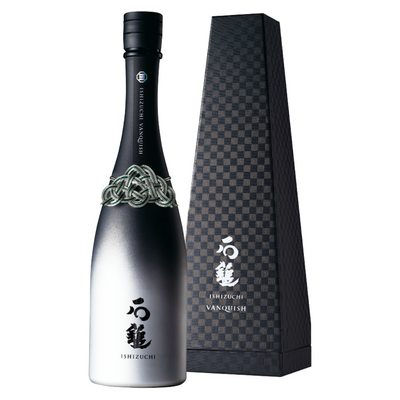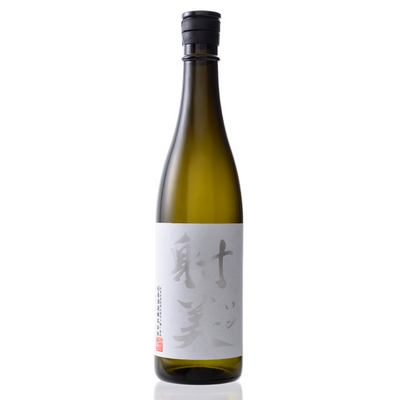Product Details
Product Details
Normally yellow koji is used for sake brewing, but for this sake white koji is applied instead. The koji type, common for shochu production, produces citric acid that results in a tartness balanced out with a superb sweetness. This year the amount of white koji rice was further increased to upgrade the acidity.
| Basic Information | |
| Alcohol % | 16 |
|---|---|
| Rice | Ibi No Homare (Gifu) |
| Water | Ibi River underground water |
Tasting Notes
Tasting Notes
Elegant vanilla aroma is accompanied by a superb sweetness that bursts forth the moment it enters the mouth, and the unique acidity reminiscent of citrus fruit lurking in the back of the sweet palate, leading to a never-ending aftertaste with a faint youthful astringency.
Flavors & Aromas
Intensity
Pairing
Pairs well with
Best served at
Best served in

Brewery Story

The Smallest Sake Brewery
The Sugihara Brewery was one of the smallest sake breweries in Japan with an annual production of only 3,000 bottles per year (30 koku) around 2003. It was the same year when 5th generation brewer, Keiki Sugihara returned. Driven by his desire to preserve the Japanese culture of sake as the heir to a sake brewery, he convinced his predecessor, who was thinking of closing down the sake brewery, to start by repairing the brewery buildings, which were in an extremely bad state at the time. Having no experience in training at other breweries, he went through a process of trial and error on his own, accumulating and verifying a large amount of data. In 2009, he succeeded in cultivating the 'Ibi No Homare' rice variant, a hybrid of Yamada Nishiki and Wakamizu, in cooperation with local farmers. In 2009 the brand 'Ibi' was born. With the increasing popularity of this limited sake, the annual production volume in 2020 was still only 6,000 bottles (60 koku).















